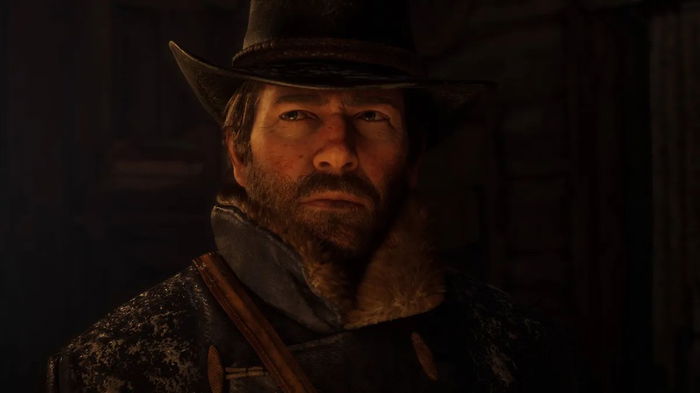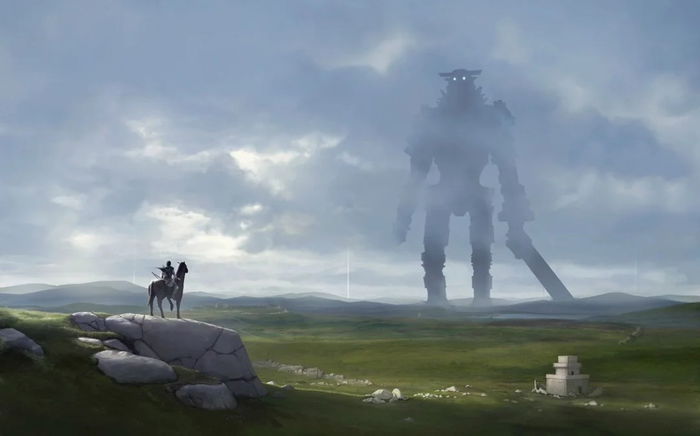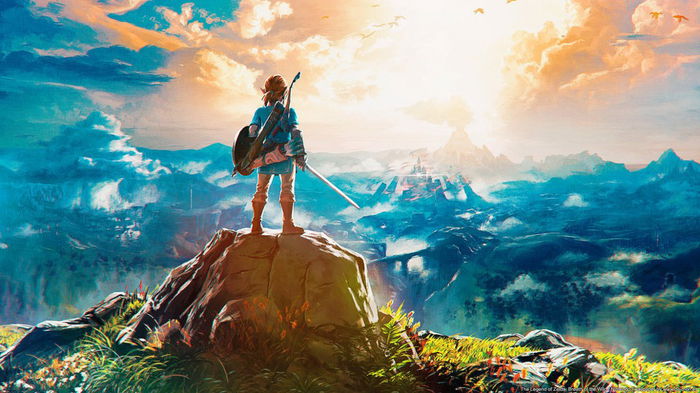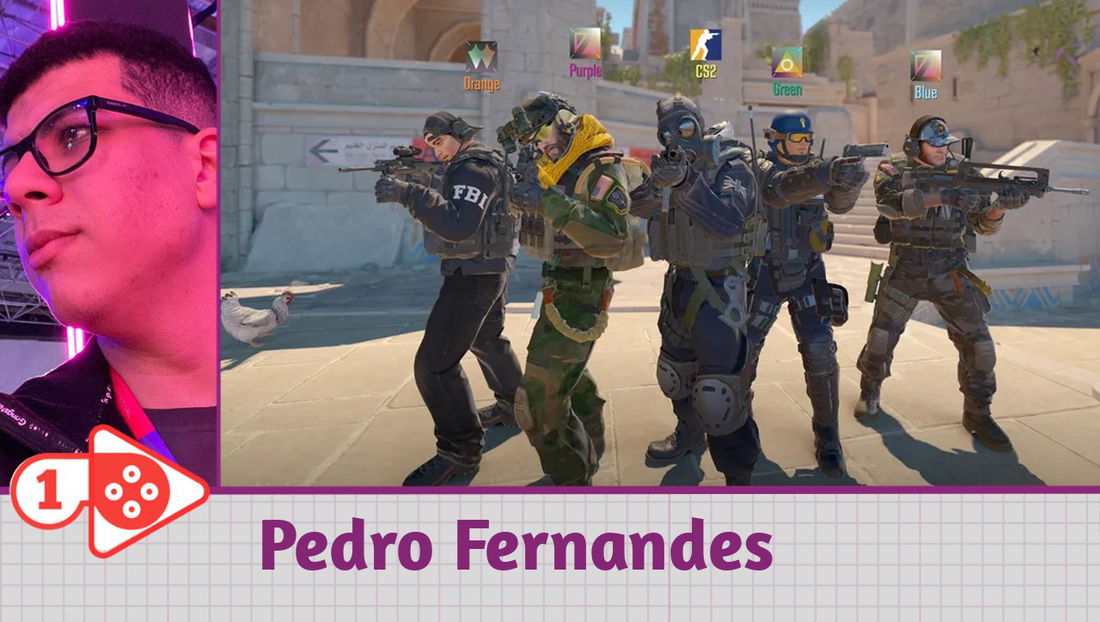Video games have the power to transport us to entirely new worlds, full of adventures, memorable characters, and stories that deeply affect us. Anyone who has spent weeks immersed in an intense journey knows how difficult it is to reach the end of a game and, right after the credits roll, be overcome by a strange feeling: an emptiness that's hard to explain. It's as if something precious has ended, leaving an open space inside us.
This phenomenon isn't exclusive to video games; it also happens when finishing a favorite series, a memorable book, or even after an unforgettable trip. But in games, this feeling has unique contours. After all, we're talking about interactive experiences where we not only follow but live the story. We create bonds, explore worlds, and often dedicate dozens (or even hundreds) of hours alongside fictional characters who become part of our emotional routine.
In this article, we'll explore why we feel such a strong sense of emptiness upon finishing a game we love, addressing factors such as the emotional bonds created, the power of escapism, the completion of a cycle, and even the neuroscience behind this feeling. We'll also reflect on how to cope with this emptiness and even how it can become a positive motivation.
The Power of Creating Emotional Bonds
One of the main reasons for the post-game emptiness is the creation of emotional bonds. Unlike movies or series, games place us directly at the center of the action. We don't just watch the characters: we interact with them, make decisions, and, in many cases, shape their stories. This generates a much deeper connection.
Think of titles like The Last of Us, Red Dead Redemption 2, or Persona 5. We're not just following Joel and Ellie, Arthur Morgan, or Joker; we're living their journeys. With each chapter, we feel their pain, triumphs, and defeats. When the story ends, it feels like we're saying goodbye to long-time friends.
This phenomenon is linked to empathy. Psychology shows that the more we engage with an interactive narrative, the greater the tendency to project our emotions onto the characters. This creates what we call parasocial attachment, a one-sided relationship in which we feel closeness to fictional figures. So, when the game ends, we feel a real loss, even knowing that there was never a "real" relationship.

The Escapism Experience
Another fundamental factor is the escapism that games provide. By immersing ourselves in virtual worlds, we temporarily leave behind the pressures of daily life. Issues such as work, studies, personal problems, and even global concerns seem distant while we are busy exploring Hyrule, facing creatures in Yharnam, or solving mysteries in Rapture.
This "refuge" is so intense that, when the game ends, we feel a kind of shock. The real world returns in full force, and the absence of the digital universe in which we were immersed causes a feeling of emptiness. It's like waking up from a good dream.
Furthermore, games are interactive experiences of progression. We spend hours evolving characters, unlocking abilities, exploring maps, and collecting items. This feeling of constant progress releases dopamine in our brains, which gives us motivation and pleasure. When this cycle ends, we’re left without the stimulus that had been filling our time and emotions.
The End of a Cycle
Completing a game also represents closing a cycle. For weeks, we create a routine around that experience: turning on the console or PC, immersing ourselves in the story, exploring new areas, discussing theories with friends, watching related videos, etc. This habit ends up becoming part of our lives.
When the game ends, we feel not only the end of the story, but also the breaking of this routine. It's like when we finish school, college, or even a relationship. There’s a transition between a state of immersion and another of absence that inevitably generates a void.
This feeling is especially strong in long games or those with dense narratives. In Elden Ring or The Witcher 3, for example, the world is so vast that the experience easily exceeds 100 hours. Upon completing the journey, we have the feeling that something essential has been removed from our daily lives.
The Psychology and Neuroscience Behind the Emptiness
This phenomenon isn't just emotional; it also has a scientific basis. Studies in psychology and neuroscience show that our brains react to interactive narratives in a way similar to real-life experiences.
When we play games, the brain's reward system releases dopamine whenever we achieve something: defeating a boss, solving a puzzle, or advancing the story. This creates a cycle of pleasure and anticipation. Upon finishing the game, this source of stimulation disappears abruptly, which can lead to an emotional drop comparable to what happens after completing a major personal goal.
Furthermore, affective memory also plays an important role. Our brains tend to associate significant moments with strong emotions. When we remember impactful game scenes like Aerith's farewell in Final Fantasy VII or the ending of Shadow of the Colossus, we feel the intensity of that moment again, as if it were something we actually experienced.

Comparison with Other Media
While the post-ending emptiness also happens in books and series, video games have a key difference: player agency. When we read or watch, we’re spectators. When we play, we’re protagonists. This makes all the difference.
For example, when watching a series like Breaking Bad, we’re captivated by Walter White's arc, but we never interfere with it. In a game like Mass Effect, however, we actively participate in the choices that shape the fate of the galaxy. This sense of responsibility and involvement exponentially increases the emotional impact of the ending.
Therefore, when the credits roll, we don't just feel that the story is over. We feel that our story in that universe has ended.
Iconic Examples of Post-Game Emptiness
Red Dead Redemption 2: Arthur Morgan's journey is so intense and emotional that many players have reported difficulty starting another game after finishing it. The combination of narrative, setting, and characters creates a bond that's hard to break.
The Legend of Zelda: Breath of the Wild: The gigantic open world, full of secrets, becomes almost a second home. Upon completing Link's story, there's a feeling of leaving behind a place we truly explored and inhabited.
Persona 5: The game's daily cycle, interacting with friends and making decisions, creates an almost real attachment to the characters. When the calendar comes to an end, it's like saying goodbye to real-life colleagues.
Dark Souls: Although more focused on challenge than linear narrative, the constant overcoming of obstacles creates a sense of personal growth. Finishing the game brings relief, but also an immediate nostalgia for the journey.
How to Cope with the Emptiness
The good news is that the post-game emptiness, while melancholic, can also be transformed into something positive. Some ways to deal with this feeling include:
Sharing the experience – Talking to friends, participating in forums, or watching reviews of the game helps prolong the emotional impact and give new meaning to the journey.
Revisiting the game – Many players find comfort in replaying, exploring alternative endings, completing side quests, or simply revisiting favorite scenarios.
Immersing oneself in similar games – Seeking out titles with similar themes or styles can soften the transition. For example, those who finish Hollow Knight may find solace in Ori and the Blind Forest.
Creating something from the experience – Writing fanfiction, drawing characters, or producing content about the game helps transform the emptiness into creative expression.
Accepting the cycle – Finally, it's important to recognize that this emptiness is a natural part of the experience. Just like in life, endings are necessary so that new stories can begin.
The Emptiness’ Positive Side
Although uncomfortable, the emptiness after finishing a game is also proof of how much we were impacted. It shows that the experience was significant and that it marked us in a lasting way. This feeling can even become fuel to seek new adventures, explore different genres, and broaden our experience as gamers.
Furthermore, the post-game emptiness reinforces the notion that video games are much more than fleeting entertainment. They’re cultural and emotional works capable of leaving scars on the memory and the heart.

Conclusion
Feeling empty after finishing a game we love is a profoundly human experience. It's a mix of emotional bonds, escapism, a broken routine, and psychological impact. This phenomenon shows not only the power of interactive narratives but also how much video games have established themselves as a legitimate art form.
While it hurts to say goodbye to characters and worlds that have marked us, it's also comforting to know that there’ll always be new journeys waiting. In the end, this void isn't a sign of loss, but a reminder that we experienced something unique, intense, and memorable, and that we’re ready for the next great adventure.













— 评论 0
, 反应 1
成为第一个发表评论的人